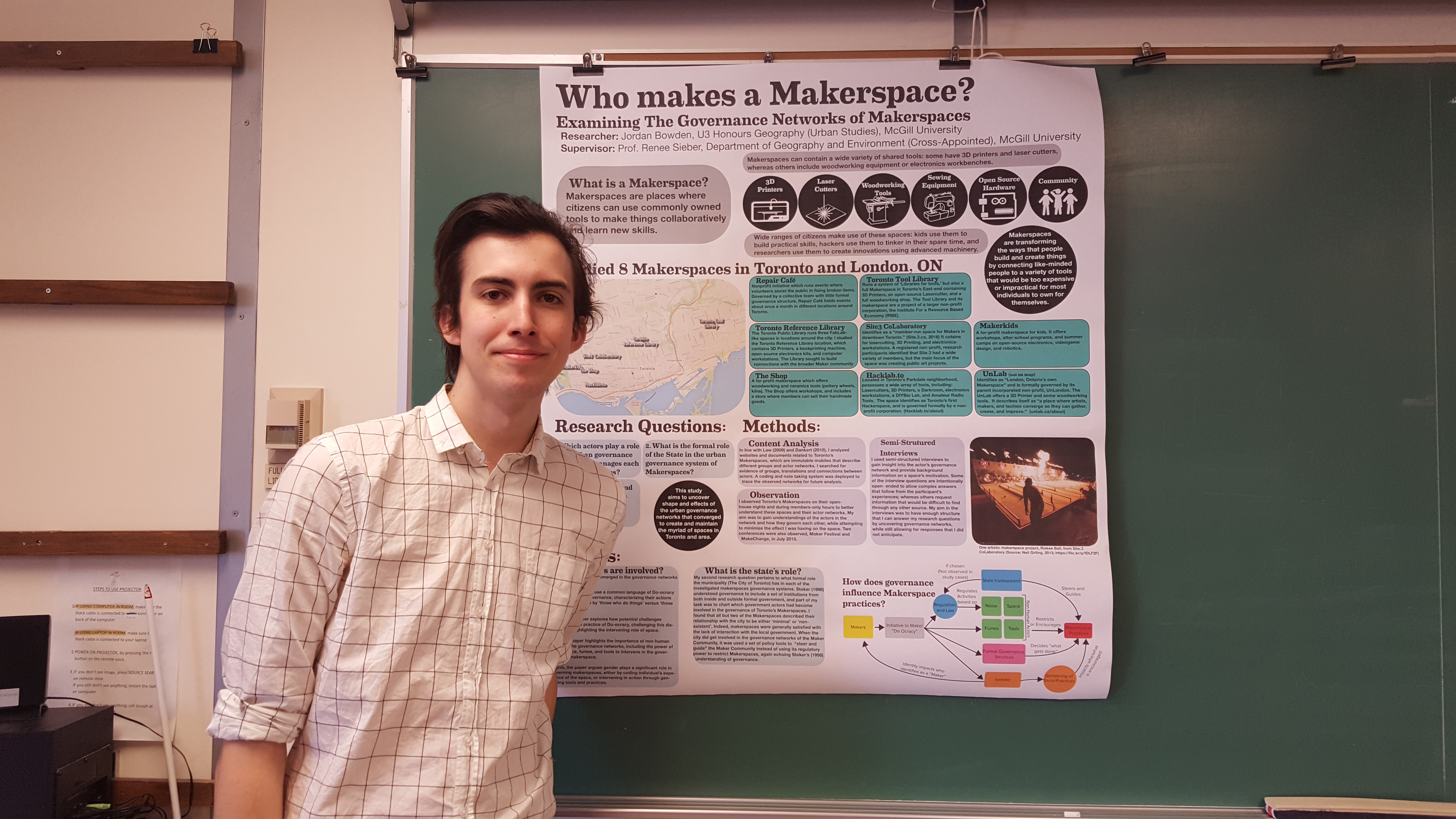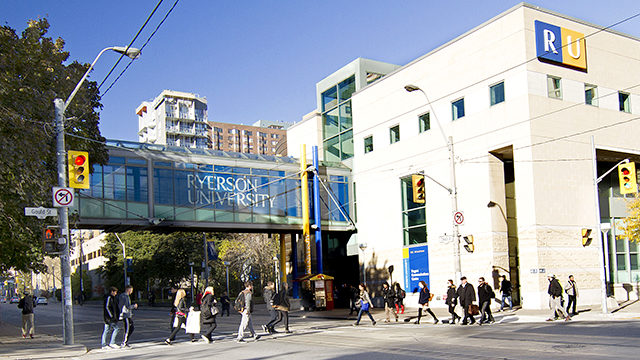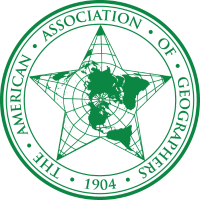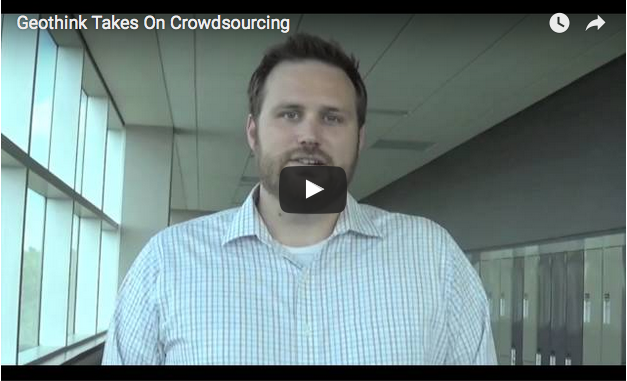
A McGill University undergraduate has undertaken unique research on the governance of Toronto’s Makerspaces.
By Drew Bush
We’re very excited to present you with our tenth episode of Geothoughts. You can also subscribe to this Podcast by finding it on iTunes.
In this episode, we examine a project funded by McGill University Arts Undergraduate Research Internship Award (ARIA) and Geothink. In it, one student has found a huge variance between the types of Makerspaces found in Toronto. The city’s groups represent what McGill University Undergraduate Jordan Bowden calls a unique Canadian evolution of the Makerspace concept. He worked with Geothink Head Renee Sieber, associate professor in McGill University’s Department of Geography and School of Environment.
A Makerspace is a place where people come together and share commonly owned tools, equipment, or software to learn new skills. They can be for profit, they can be non-profit, they can be run by a group of individuals, or by larger institutions like universities or libraries. First popular in China and other Asian countries, these do-it-yourself (DIY) spaces where people can gather to create, invent, and learn have also spread to the United States and, more recently, Canada. Many of Canada’s Makerspaces face little formal regulation and differ greatly from their formulations than in other countries.
Thanks for tuning in. And we hope you subscribe with us at Geothoughts on iTunes. A transcript of this original audio podcast follows.
TRANSCRIPT OF AUDIO PODCAST
Welcome to Geothoughts. I’m Drew Bush.
[Geothink.ca theme music]
“So Makerspaces, there are a lot of different terms that have sort of been in the same sphere as Makerspaces, ranging from Hackerspaces to Hacklabs to Fablabs to even some shared studio spaces which are less formal. All of kind have been put underneath the umbrella term of a Makerspace. And a Makerspace basically is a place where people come together and use commonly owned tools.”
That’s McGill University Undergraduate Jordan Bowden on his unique yearlong honours thesis project investigating how governance works in 10 different Toronto Makerspaces. He’s a long-time participant in the work being done in Makerspaces. He also recently completed his thesis for Geothink Head Renee Sieber, associate professor in McGill University’s Department of Geography and School of Environment.
“They can be for profit, they can be non-profit, they can be run by a group of individuals, or by larger institutions like universities or libraries. So in my research, I find that there is a huge variance of the practices between spaces that were using this term. Especially in Toronto which is where my research is focused. There was, there was just a huge variety of Makerspaces. I studied about 10 Makerspaces in my research. And some of them are run just groups of artists who are using commonly owned tools. Others were run by the local library and really focused on sort of entrepreneurship and that sort of thing.”
Still confused about how to define a Makerspace? You might not be alone, as the concept has varied and evolved as it has spread globally.
“So, yeah, I mean the term itself has only really emerged over the past four to five years I’d say. And before then, like Hackerspaces and Hacklabs, have like that term itself has a much longer history stretching all the way back to the 1990s. The main distinction there is that Hacklabs and Hackerspaces are often focused more on computers. Whereas Makerspaces can be focused really on any sort of production be it computers or woodworking or metalworking and that sort of thing.”
Bowden says that the question of how such spaces are governed in Canada is an entirely new one. And he adds that it’s crucial: What Makerspaces can actually do is greatly affected by how they are run.
“Within each Makerspace, some Makerspaces have sort of formal committees wherein makers are actually involved in the running of the space in every aspect. Whereas others are pretty much governed by a handful of people. Be they like a single executive director at a non-profit organization or like multiple actors in a for profit Makerspace. So it’s, yeah, there’s a lot there. My paper covers a lot of different examples of this. Yeah, there’s a lot of different actors involved.”
The project took Bodwen a great deal of time to research, conduct field work for, and then write about in the fall and winter of this academic year.
“I’ve been working on it basically since last summer. I did field research in Toronto over August of last year where I conducted 10 different interviews. I used nine in my research. And I also did observation at different Makerspaces around the city, and went to maker related events and did observation there as well.”
Not every hypothesis that Bowden hoped to explore panned out in the Canadian context of Toronto.
“I though there would be governmental actors involved, but I really found, I kept on trying to snowball and finding more people to interview. But it people kept on saying the same people I had already interviewed. So it was like who else should I interview? And then I would get the same answers from multiple people. So I realized the scene was pretty small. So instead I did more in depth interviews. They were each about 30 minutes to an hour long each.”
This work led Bowden to author a 63-page honours thesis entitled “Governance of Makerspaces in Toronto, Canada.” Find this paper at the McGill University library soon.
[Geothink.ca theme music]
[Voice over: Geothoughts are brought to you by Geothink.ca and generous funding from Canada’s Social Sciences and Humanities Research Council.]
###
If you have thoughts or questions about this podcast, get in touch with Drew Bush, Geothink’s digital journalist, at drew.bush@mail.mcgill.ca.









